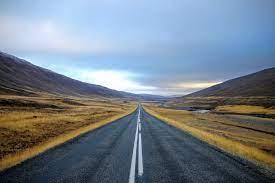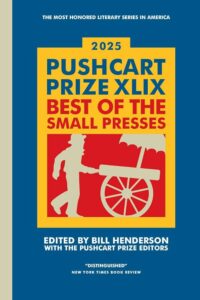
We Americans spend too much time squawking about our rights and individual liberties, our grievances and hatred for “them” (anyone who doesn’t think like our tribe, red or blue). Me, me, me. Land of the Me masquerading as Land of the Free.
Perhaps, this Memorial Day, it would do to give some thanks for once. To consider others. To appreciate all we have. I mean, there are worse countries to live in. Places where war and hunger are facts of life every day in every way (conceding these scourges are facts of life in certain spots within our own borders).
Is it any wonder I love Yusef Komunyakaa’s poem, “Thanks”? The speaker looks back at his service in Vietnam, how he was saved only by chance, how his one precious life was wrapped up and regifted to him till he had to live a new life — a new life of thanks.
It would seem, reading it, that there is more to the world than self, than bombast, than greed. The speaker in “Thanks” says he is “still / falling through the silence” of his new life. And while we as readers may not have experienced something as dramatic as an attempt on our lives that failed (something many a soldier can attest to), we can certainly learn something from the speaker’s humility and love of life as well as of others.
Thanks
Yusef Komunyakaa
Thanks for the tree
between me & a sniper’s bullet.
I don’t know what made the grass
sway seconds before the Viet Cong
raised his soundless rifle.
Some voice always followed,
telling me which foot
to put down first.
Thanks for deflecting the ricochet
against that anarchy of dusk.
I was back in San Francisco
wrapped up in a woman’s wild colors,
causing some dark bird’s love call
to be shattered by daylight
when my hands reached up
& pulled a branch away
from my face. Thanks
for the vague white flower
that pointed to the gleaming metal
reflecting how it is to be broken
like mist over the grass,
as we played some deadly
game for blind gods.
What made me spot the monarch
writhing on a single thread
tied to a farmer’s gate,
holding the day together
like an unfingered guitar string,
is beyond me. Maybe the hills
grew weary & leaned a little in the heat.
Again, thanks for the dud
hand grenade tossed at my feet
outside Chu Lai. I’m still
falling through its silence.
I don’t know why the intrepid
sun touched the bayonet,
but I know that something
stood among those lost trees
& moved only when I moved






